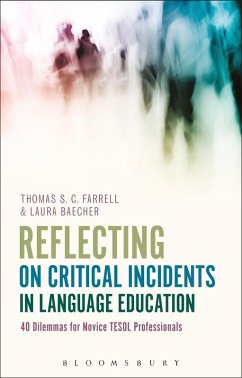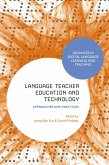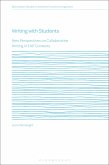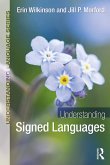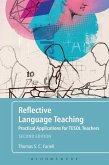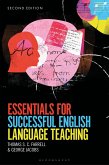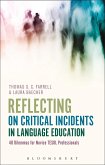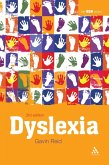Novice Teaching English as a Second or Other Language (TESOL) teachers are often surprised by the full range of issues their jobs involve, and learning how to successfully address these issues takes considerable skill and experience, built up throughout a teaching career. This book is about such critical incidents and how a problem-solving mindset can help.
Complex issues covered in this book are often not adequately dealt with in teacher training. This book takes up "critical incidents" which fall into the gap between what the teacher has learned about in their course of study and the classroom realities they face. By directly reflecting on these particular incidents, teachers can be empowered to continue their own professional development.
Each critical incident is based on actual experiences shared by novice TESOL practitioners and the book organizes these incidents in an easy-to-use, structured manner. Within connected themes, the text presents the incident from the teacher's point of view, provides the reader critical background questions, offers insight into how the teacher wrestled with the issue, and shares questions and engagement opportunities to further engage with the topics raised.
TESOL educators frequently confront complex classroom issues due to the social, economic, political and cultural challenges that they and their students confront. This text offers an exciting and dynamic approach to assist with these on the way to becoming a stronger TESOL educator.
Complex issues covered in this book are often not adequately dealt with in teacher training. This book takes up "critical incidents" which fall into the gap between what the teacher has learned about in their course of study and the classroom realities they face. By directly reflecting on these particular incidents, teachers can be empowered to continue their own professional development.
Each critical incident is based on actual experiences shared by novice TESOL practitioners and the book organizes these incidents in an easy-to-use, structured manner. Within connected themes, the text presents the incident from the teacher's point of view, provides the reader critical background questions, offers insight into how the teacher wrestled with the issue, and shares questions and engagement opportunities to further engage with the topics raised.
TESOL educators frequently confront complex classroom issues due to the social, economic, political and cultural challenges that they and their students confront. This text offers an exciting and dynamic approach to assist with these on the way to becoming a stronger TESOL educator.

